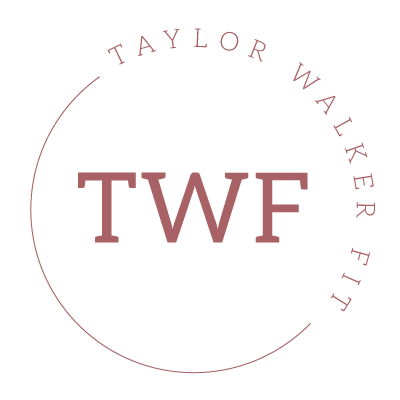
This is a very tough month for many people as October is also Breast Cancer Awareness Month. Unfortunately, most, if not all of us have been effected by cancer in some way, shape or form. Did you know that many cancers diagnosed in the United States every year can be linked to body fatness, physical inactivity, excess alcohol consumption or poor nutrition? The good news is that this means these diseases can be prevented to some extent, according to recent studies and the American Cancer Society. Obviously, genetics play a very large role as well and should not be discounted in any way.
Eating a diet high in fruits, vegetables, lean protein and whole grains should be the when trying to achieve healthy body mass index thus decreasing your risk of developing or dying from cancer. According to this article from Baptist Health South Florida: “Avoiding tobacco, excess alcohol consumption, keeping a healthy weight and exercising regularly significantly reduces a person’s lifetime risk of developing or dying from cancer. Moreover, the same behavior can lower the risk of heart disease and diabetes.” Heart disease and diabetes are also plaguing our country at an alarming rate.
Watch this video for more tips on “Diet Tips to Lower Your Risk“.
(Video: Alice Pereira and Susan Nowrouzi, registered dietitians and cancer nutrition specialists at Baptist Health South Florida, outline dietary guidelines that can help lower your risks for many cancers while promoting general health.)
Not only are developing healthy habits key in keeping you healthy and cancer-free, but so are acquiring annual mammograms and self-exams. If you are like me, and have no breast cancer occurance in your immediate family and are under the age of 40 then simply get to know your breast tissue by performing monthly self breast exams.
Perform self exams by:
Placing a pillow under your right shoulder and your right arm behind your head. Using your left hand, move the pads of your fingers around your right breast gently in small circular motions covering the entire breast area and armpit. Use light, medium, and firm pressure. Squeeze the nipple; check for discharge and lumps. If something feels painful, lumpy or “off” then contact your Ob/Gyn for further examination.

BRCA Gene and Breast Cancer
If breast cancer does run in your family then consider getting tested for the BRCA Gene, even if you are under the age of 40. About 15 percent and 32 percent of women 40-44 years old and 45-49 years old, respectively, whose breast cancer was found through a screening mammogram, have a first-degree relative with breast cancer or the BRCA gene, according to the ACS and USPSTF research. According to this article: “The role BRCA mutations play, especially in younger women, is important to note,” Dr. Mautner said. “Women who are genetic mutation carriers or who have first degree relatives diagnosed with premenopausal breast cancer are recommended to start screening mammograms before the age of 40.”
If you are between the ages of 40-49 then make sure to schedule your annual screening ASAP. In conjunction with National Breast Cancer Awareness Month, Baptist Health is offering special mammogram pricing in October to patients without insurance. Through October 31, 2017, a screening mammogram is $50, and a diagnostic mammogram is $100. The radiologist’s fee for 3D mammogram is included in the special prices. To schedule an appointment, call 786-573-6000 in Miami-Dade or Broward, 305-434-1588 in Monroe, or visit BaptistHealth.net/BreastHealth.
*** This has been a sponsored conversation brought to you by Baptist Health South Florida.



